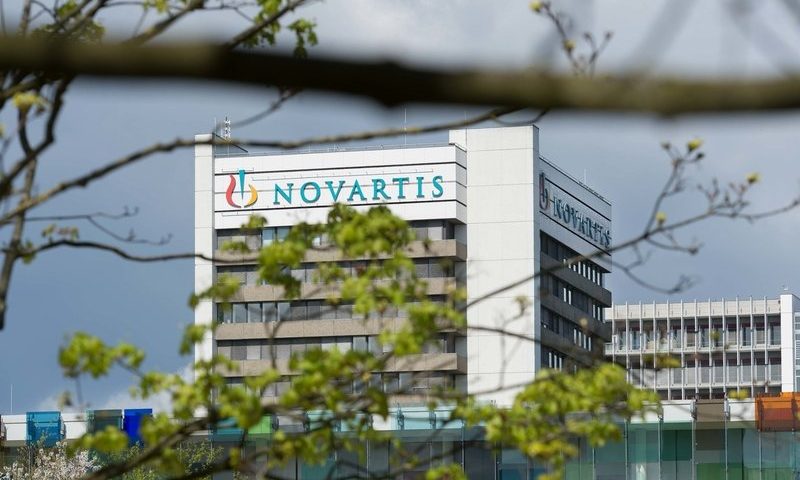Novartis is coming for the COVID-19 antiviral market. After failing in hospitalized patients, Molecular Partners linked ensovibep to a 78% risk reduction in an earlier-stage population, prompting Novartis to pay 150 million Swiss francs ($163 million) for an asset that could soon add to the anti-omicron arsenal.
Part A of the study randomized 407 ambulatory COVID-19 patients to receive placebo or a single infusion of one of three doses of ensovibep. Unlike the first trials of Merck and Pfizer’s oral antivirals, the study enrolled patients vaccinated against COVID-19. That part of the study was primarily designed to find the best dose and show ensovibep is better at reducing viral load than placebo through Day 8. But Novartis and Molecular Partners also emerged with evidence the drug may reduce hospitalization and death.
The numbers are small but positive. In the 301-subject ensovibep cohort, two patients were hospitalized and two needed to visit the emergency room, resulting in an event rate of 1.3%. The 99-subject placebo cohort included five patients who were hospitalized, two of whom died because of worsening COVID-19 and one participant who visited the emergency room. With the placebo group having an event rate of 6%, the overall risk reduction across the ensovibep arms came in at 78%.
That was enough to persuade Novartis to exercise its option and start preparing to bring ensovibep to market. Novartis is set to pay 150 million Swiss francs to exercise its option. Molecular Partners will pocket 22% royalty on sales, although it is foregoing that revenue stream in lower-income countries as part of an effort to ensure the affordability of ensovibep.
Novartis and Molecular Partners are now talking to regulatory bodies about the expedited review and approval of ensovibep. Emergency use authorization from the FDA is first on the partners’ list of planned global regulatory approvals. The partners have selected the lowest of the three tested doses for further development.
If ensovibep wins approval, it will enter a COVID-19 treatment landscape that is being reshaped by the rapid rise of omicron and the introduction of oral antivirals. The U.S. paused shipments of Eli Lilly and Regeneron’s anti-SARS-CoV-2 antibodies late last year amid concerns about their lack of efficacy against omicron. While shipments resumed days later, the concerns about potency versus the now-dominant omicron variant remain.
The changes leave a drug from Vir Biotechnology and GlaxoSmithKline, sotrovimab, as the only antibody on the U.S. market that is expected to work against omicron. Molecular Partners designed ensovibep to be less vulnerable to changes in the virus. Using its DARPin protein scaffolds, which are much smaller than monoclonal antibodies, the Swiss biotech created a molecule that binds to three sites on the virus’s receptor-binding domain.
That multispecific design should mean ensovibep holds up better than single-target antibodies as the virus mutates. An in vitro study against omicron found support for that theory. Pfizer’s oral antiviral is also expected to work against omicron and has a potentially preferable delivery format. But, as demand is exceeding supply, there is currently room for more players.

